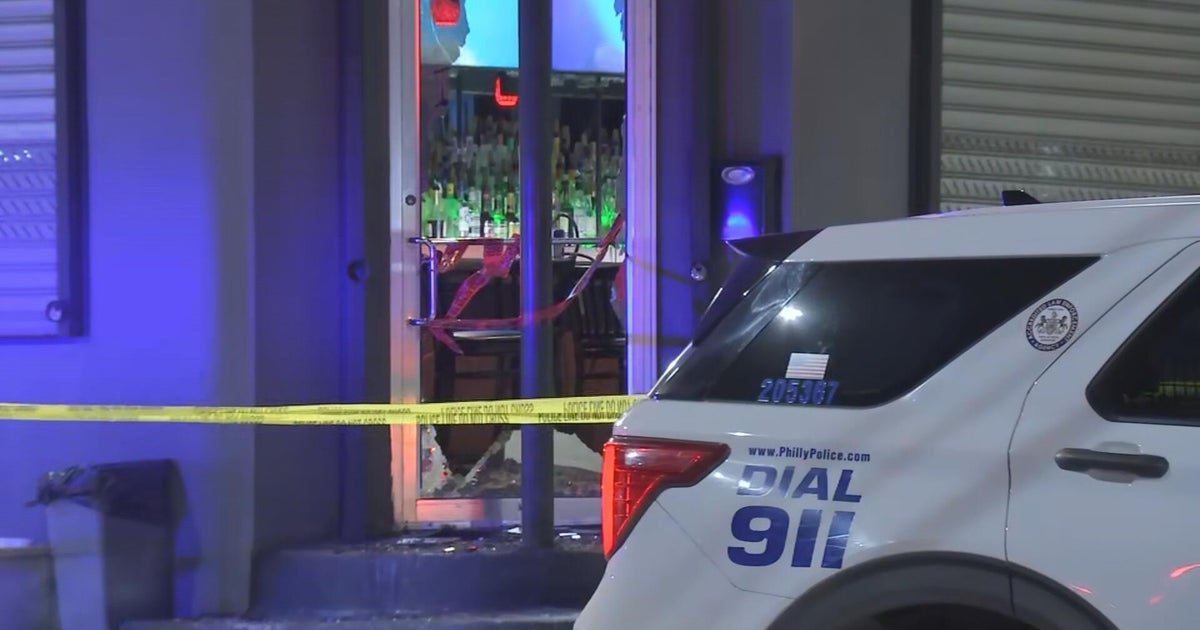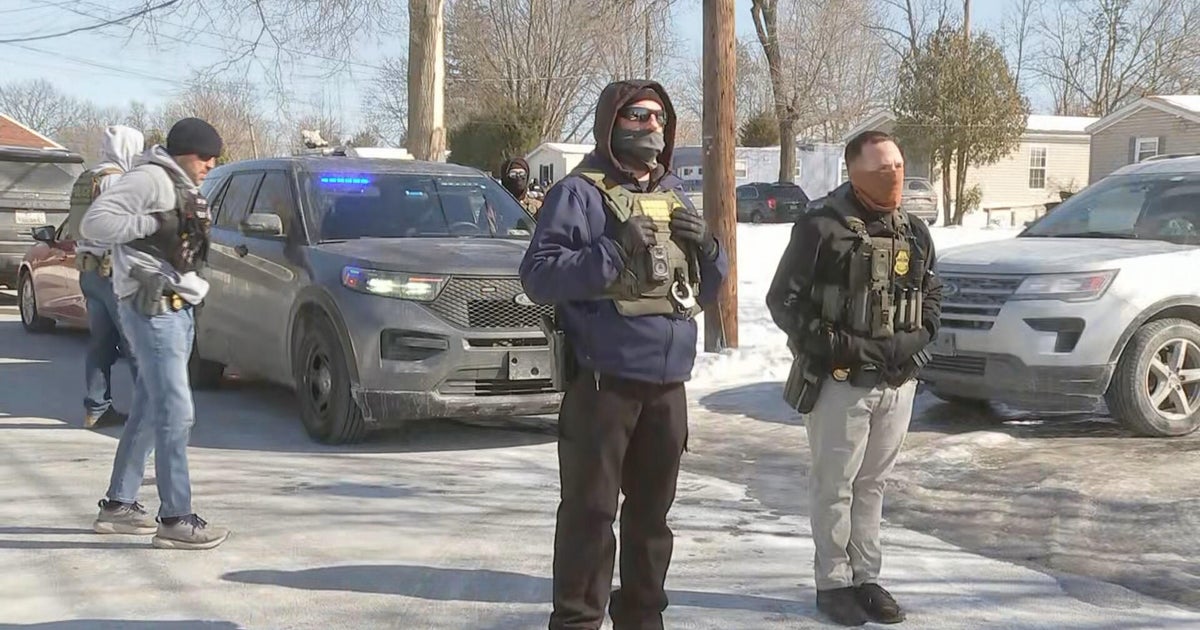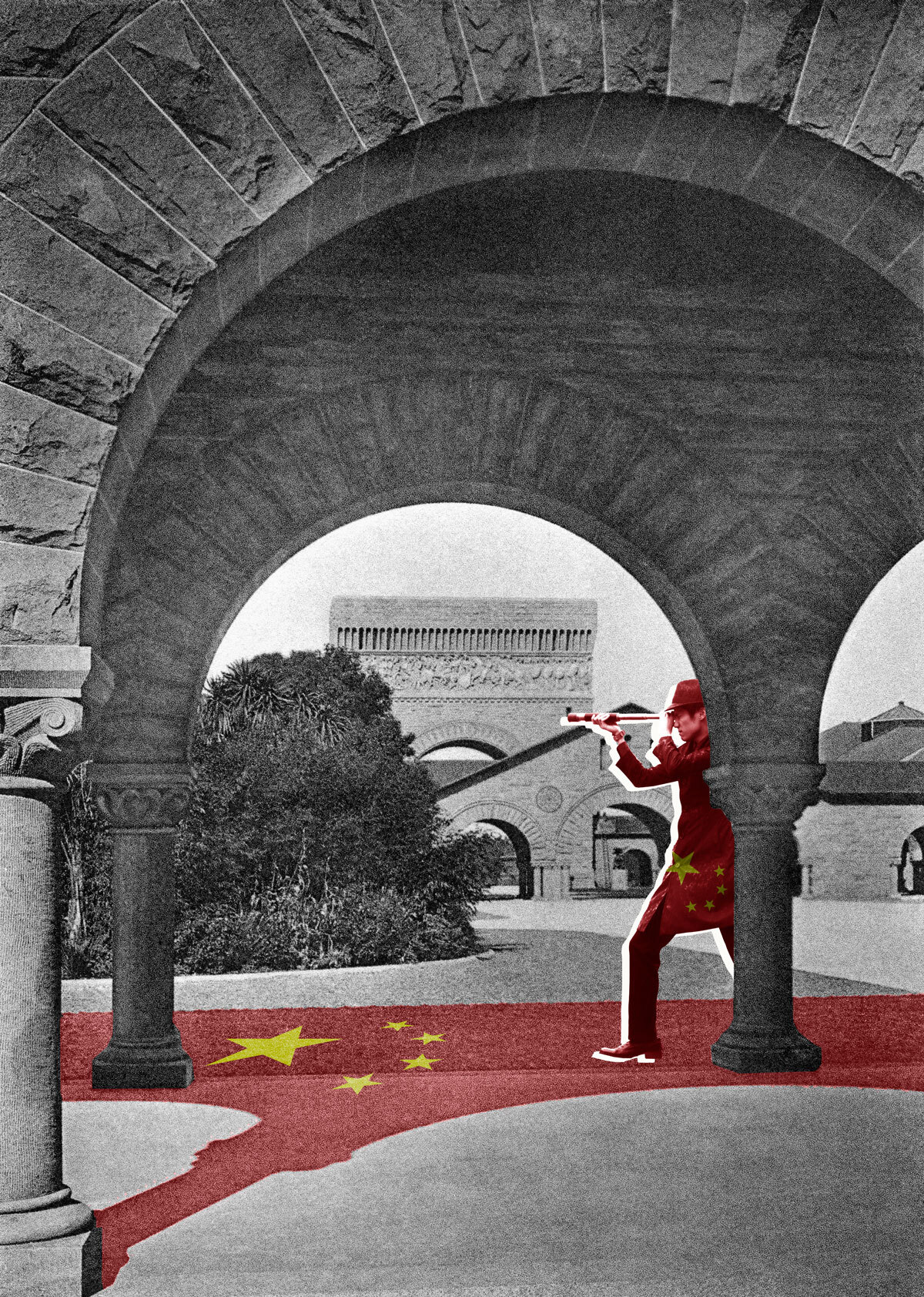Exclusive look inside NSA Hawaii, the "front lines" of intelligence gathering
CBS News is getting an exclusive look at the National Security Agency's secretive outpost in the middle of the Pacific Ocean. NSA Hawaii is on the front lines of American intelligence gathering, intercepting communications and monitoring a region that includes China and North Korea.
The NSA is the largest of the 17 U.S. intelligence agencies, and this outpost in Hawaii is particularly busy these days as the U.S. shifts its focus from fighting terrorism to a competition between nations for critical information.
Cameras usually aren't allowed, but Capt. Kurt Mole, who leads the top-secret facility, took CBS News correspondent Carter Evans and his team inside. "This is absolutely a first for me," Mole said of the cameras, adding, "However, we recognize that transparency breeds trust."
Still in one room, we had to blur the picture because everything in there was classified. It's where specialists listen in on foreign communications.
"Anything that travels over the radio frequency waves or inside the electromagnetic spectrum, it can be collected," Mole said. "We have the ability to pull items that have been collected worldwide… Much of our reporting even ends up on the desk of the president."
"The president has had some harsh words for the intelligence community. What does that do to morale here?" Carter asked.
"Nothing," Mole responded. "We're not paying attention to that. We're focused on mission."
Mole said with so much information coming through, "humans can only do so much."
"So we're looking at ways to where we can utilize A.I. and machine learning to be able to… get the right data to that right analyst," Mole said.
Over the past 18 months, the Trump administration has slapped Chinese hackers with an unprecedented number of criminal indictments after Chinese nationals attempted to compromise key targets in the U.S. Much of the reporting that contributed to U.S. government actions related to that came out of this facility, Mole said.
Chief Master Sgt. Nina Ung controls the NSA teams keeping a close watch on our adversaries across the Pacific. She called their outpost the "front lines."
"If you look at just in our own backyard, right, we have China and North Korea," Ung said. "It's no secret that they're loud, they're noisy, and they are willing to use to use cyber threats and force."
"You have four of the largest world economies, you have seven of the 10 largest militaries. Five nuclear nations," Mole said.
"Tell me more about that as a cyber power grab going on," Carter said.
"It's not just cyber," Mole said. "The United States does not have the superiority in any of those domains that we once had."
Deep inside an underground tunnel is where the NSA first established a presence in Hawaii. It's also the location where Edward Snowden worked, before he stole hundreds of thousands of classified documents. Snowden was a contractor working for the NSA Hawaii in 2013 when he leaked documents outlining American government surveillance practices.
"Is it something that people here still think about?" Carter asked.
"Not at all. We don't dwell on the past. Our workforce, our mission is too critical today," Mole said.
Asked whether the NSA is observing American citizens, Mole responded, "The National Security Agency in conducting its missions is always in accordance with the U.S. law."
The domestic phone surveillance program first exposed by Snowden is now under review and may be discontinued. Still no one at the NSA would go into any detail about changes made because it's classified.
As CBS News' Evans witnessed, they are dead serious about security. They combed through all of his team's gear, and no one is allowed to bring any electronics inside the facility – no cellphones, no watches, and certainly no USB devices.



